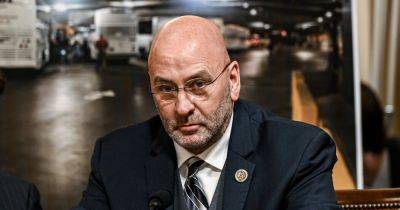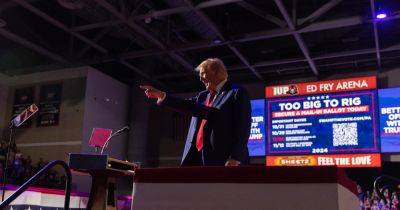Read Excerpts From Memos Written for Trump About His Powers to Prosecute
The following are excerpts from draft memos written by lawyers in the White House Counsel’s Office in the spring of 2018 in response to demands from President Donald J. Trump for investigations into rivals.
The draft memos were reviewed by Michael S. Schmidt of The New York Times during reporting for his 2020 book, “Donald Trump v. the United States.” The book quoted from the memos, the contents of which were dictated by Mr. Schmidt into a tape recorder, but extensive excerpts are being published here for the first time.
White House Counsel’s Office
Privileged, Confidential and Deliberative
April 19, 2018 Draft memorandum
You’ve asked what steps you may lawfully take if you disagree with the Attorney General’s decision not to pursue criminal prosecution or not to conduct further criminal investigation. As explained below, you have legal authority in such circumstances:
1.) To direct the Attorney General to explain why a prosecution or investigation is not being pursued.
2.) To instruct the Attorney General as to how the law should be executed and
3.) To remove the Attorney General from office if you do not believe he is faithfully executing the laws.
You do not have the authority, however, to initiate an investigation or prosecution yourself or circumvent the Attorney General by directing a different official to pursue a prosecution or investigation. Ultimate recourse lies in removing the officer to whom Congress has assigned these responsibilities and then installing an individual whom you believe will faithfully execute the laws. Strong constitutional norms of nonpolitical law enforcement should also guide your decision making and may caution against involvement in a specific matter.







